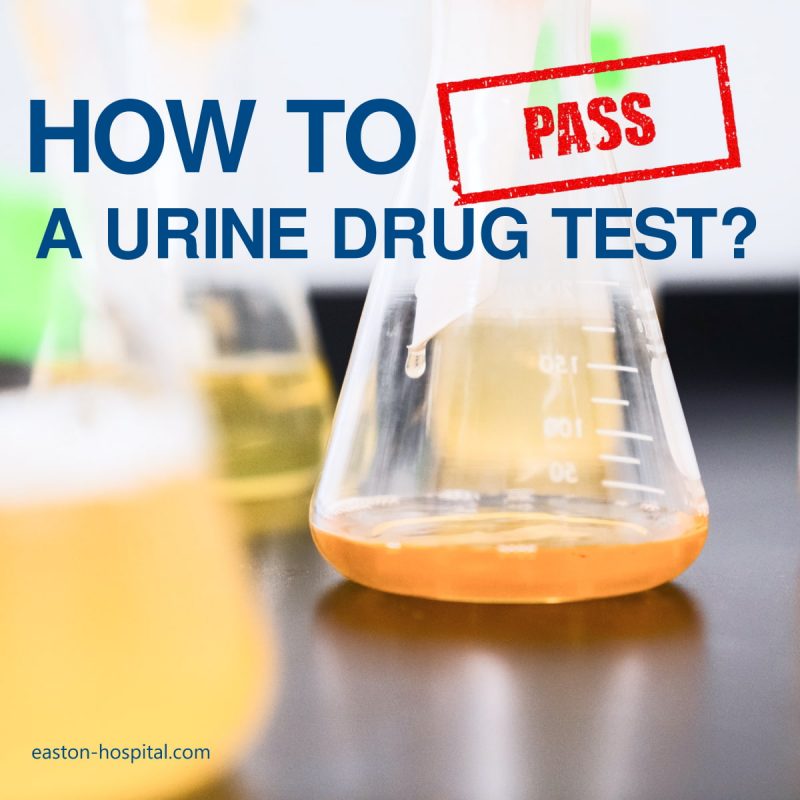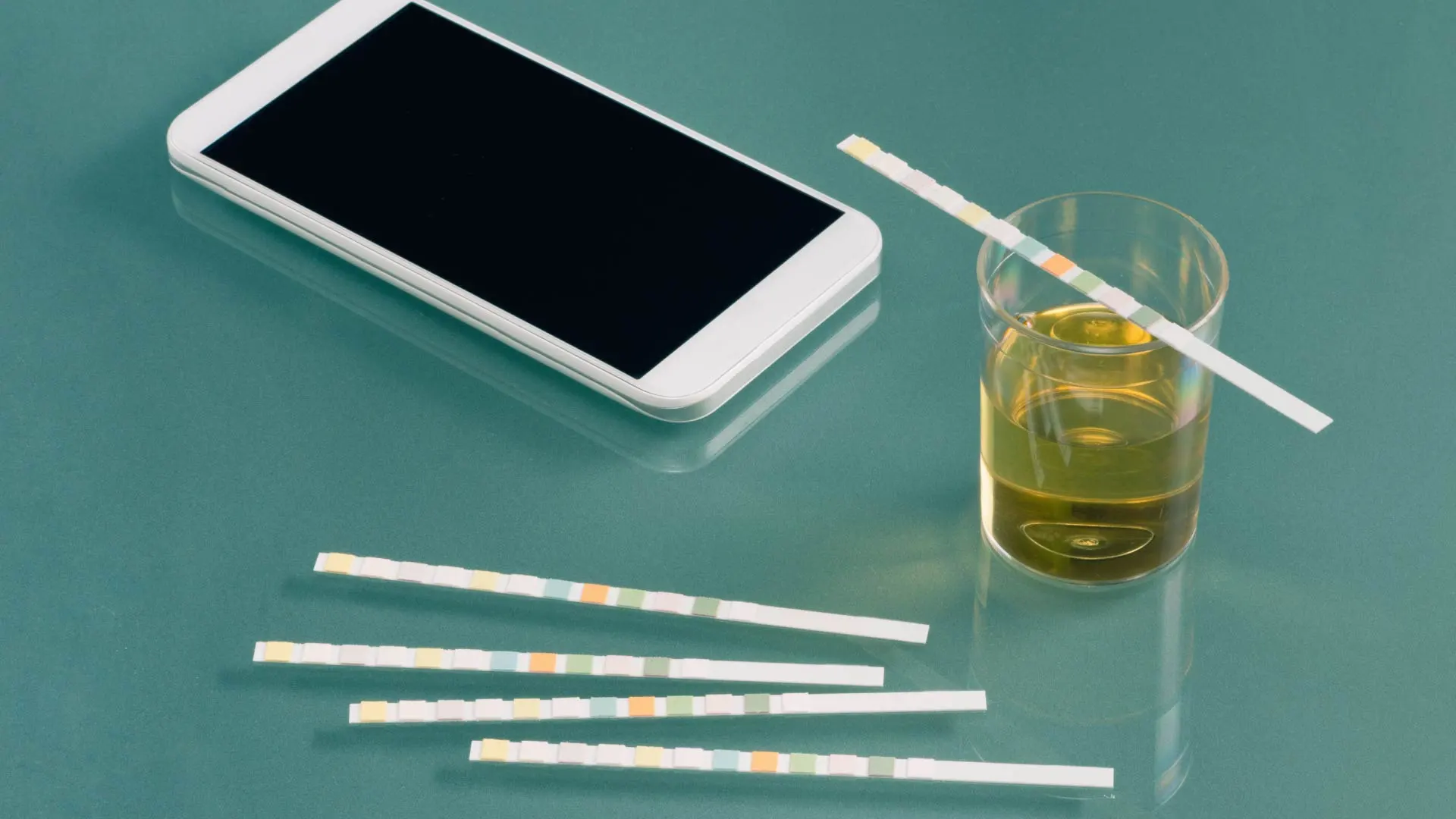Gelatin To Pass A Drug Test

The persistent myth of using gelatin to pass a drug test has resurfaced, fueled by online anecdotes and desperate attempts to circumvent employment screenings, athletic regulations, and legal requirements. These unverified claims suggest that consuming large quantities of gelatin can mask the presence of illicit substances in urine samples, offering a seemingly easy route to deception.
However, this alleged method lacks scientific backing and poses potential health risks, leading experts to strongly discourage its use. The spread of misinformation underscores the high stakes associated with drug testing and the lengths to which individuals will go to manipulate results. This article will explore the origins of the gelatin myth, examine the scientific realities of drug metabolism and detection, and discuss the serious consequences of attempting to falsify drug test results.
The Myth's Origins and Propagation
The gelatin "trick" appears to have originated in online forums and anecdotal stories passed around within subcultures seeking to avoid detection. These stories often claim that gelatin consumption either interferes with the metabolism of drugs or masks their presence in urine. It's difficult to pinpoint the exact genesis of the myth, but its persistence highlights a widespread desire to circumvent drug testing protocols.
Social media and online search engines have amplified the spread of this misinformation. A quick search reveals countless articles and videos purporting to explain how to use gelatin effectively, further perpetuating the myth and encouraging risky behavior. This digital propagation poses a significant challenge to public health efforts aimed at promoting accurate drug testing and discouraging substance abuse.
The Science of Drug Metabolism and Detection
Drug tests, particularly urine drug tests, work by detecting the presence of drugs or their metabolites in a person's system. Metabolites are the substances created when the body breaks down drugs. The detection process relies on sophisticated analytical techniques like gas chromatography-mass spectrometry (GC-MS) or immunoassay methods, which are highly sensitive to specific chemical compounds.
The idea that gelatin could interfere with this process is fundamentally flawed. Gelatin is a protein derived from collagen, primarily composed of amino acids. There is no scientific evidence to suggest that consuming gelatin alters the metabolism of drugs or masks their presence in urine to a detectable degree.
Dr. Emily Carter, a toxicologist at the National Institute on Drug Abuse (NIDA), stated, "The notion that gelatin can mask drug use is completely unsubstantiated. Drug testing methodologies are designed to identify specific substances and their metabolites, and consuming gelatin will not alter the accuracy of these tests."
Potential Health Risks of Excessive Gelatin Consumption
Consuming large quantities of gelatin, as suggested by proponents of the myth, can lead to various health problems. Gelatin is high in protein, and excessive protein intake can strain the kidneys and lead to digestive issues such as bloating, constipation, and nausea.
Furthermore, some gelatin products may contain additives or preservatives that could be harmful in large doses. Individuals with pre-existing kidney conditions or digestive disorders are particularly vulnerable to the adverse effects of excessive gelatin consumption. The purported "solution" could, in fact, create more health problems than it solves.
Consequences of Attempting to Falsify Drug Tests
Attempting to falsify a drug test, regardless of the method, carries significant consequences. In many employment settings, a failed or adulterated drug test can result in termination of employment or disqualification from consideration for a job. Athletic organizations have strict anti-doping policies, and athletes who attempt to manipulate drug test results face suspension and damage to their reputation.
Legally, tampering with a drug test can lead to criminal charges, particularly in cases involving court-ordered testing or probation requirements. The legal ramifications underscore the seriousness with which these actions are viewed.
Sarah Miller, a lawyer specializing in employment law, explained, "Employees who attempt to falsify drug tests risk not only losing their jobs but also facing legal action. Employers have a right to maintain a safe and drug-free workplace, and attempting to circumvent drug testing protocols is a serious breach of trust."
Alternatives and Responsible Actions
Instead of resorting to unproven and potentially harmful methods like the gelatin "trick," individuals facing drug tests should consider more responsible and ethical approaches. If a person is concerned about testing positive for a substance, the most straightforward solution is to abstain from using drugs.
For individuals who are prescribed medications that might trigger a positive result, it's crucial to inform the testing facility and provide documentation from a physician. This allows for a legitimate explanation of the test results.
Furthermore, individuals struggling with substance abuse should seek professional help. Resources like the Substance Abuse and Mental Health Services Administration (SAMHSA) provide access to treatment programs and support networks. Addressing the underlying issue of substance abuse is far more effective and sustainable than attempting to circumvent drug tests.
Conclusion: Debunking the Myth and Promoting Accurate Testing
The myth of using gelatin to pass a drug test is demonstrably false and potentially dangerous. Scientific evidence clearly refutes the claim that gelatin can mask the presence of drugs or their metabolites in urine.
Instead of pursuing unproven and risky methods, individuals should prioritize abstinence, transparency with testing facilities, and seeking help for substance abuse issues. Promoting accurate and reliable drug testing is essential for maintaining workplace safety, athletic integrity, and public health. Continued efforts are needed to debunk misinformation and educate the public about the realities of drug metabolism and detection.
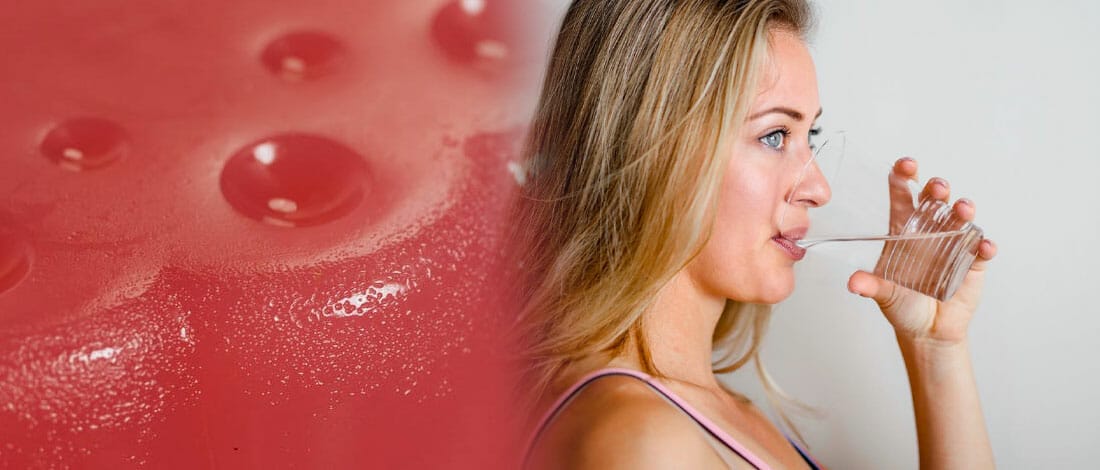
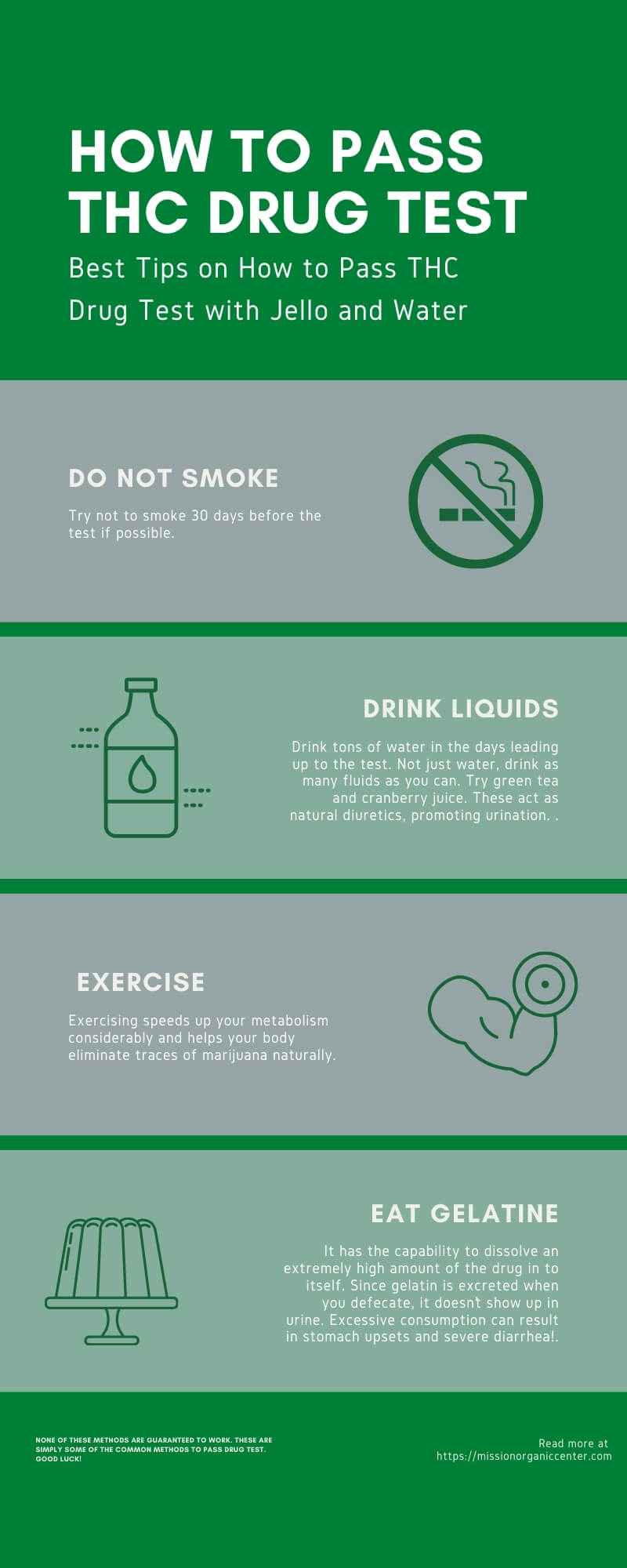
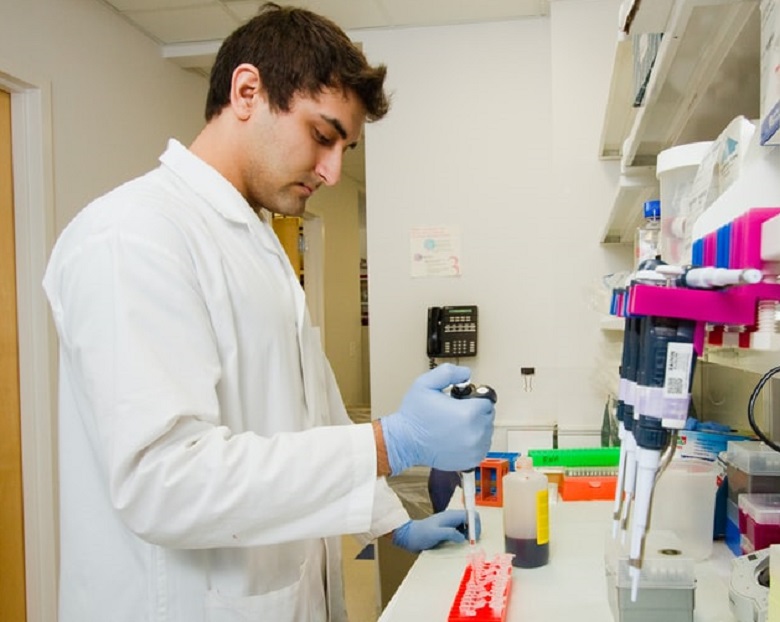
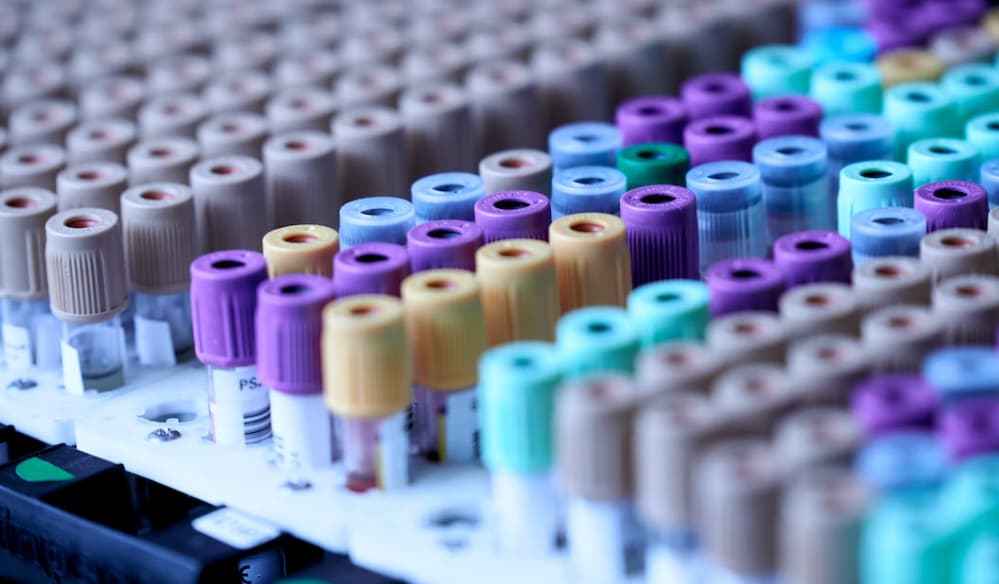



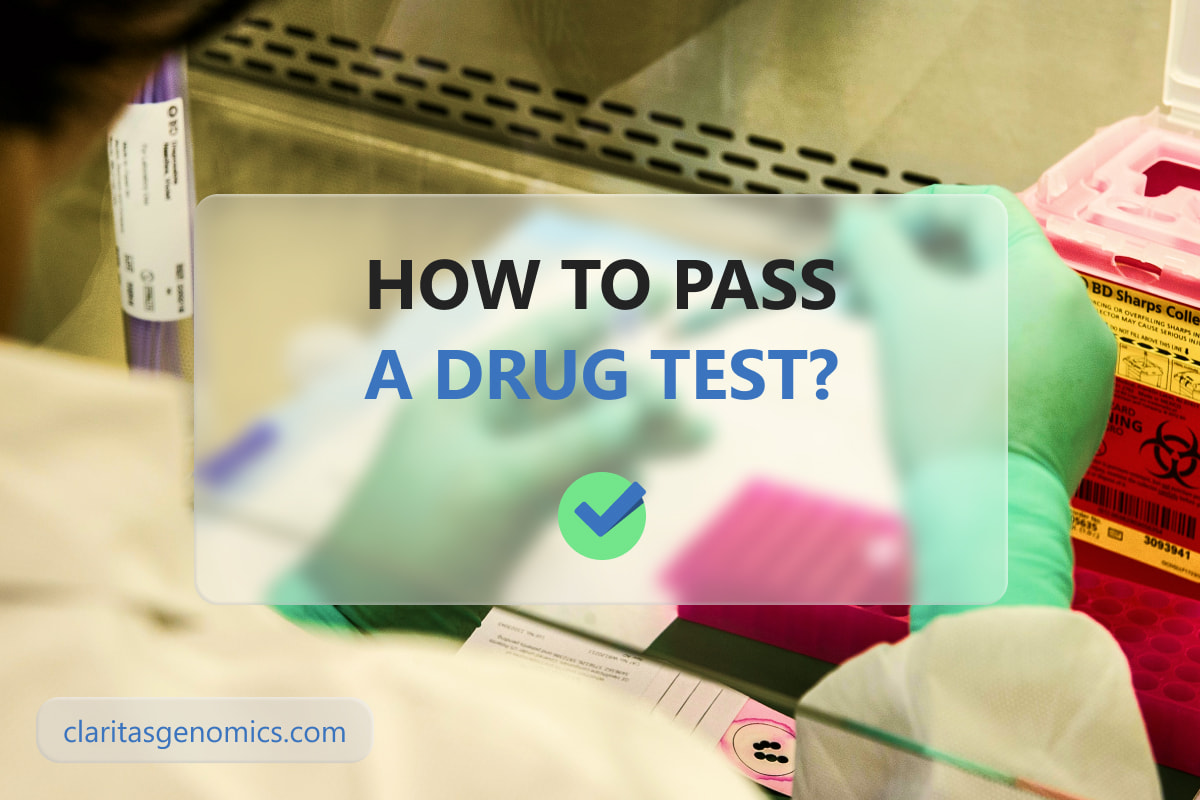



![Gelatin To Pass A Drug Test How to Pass a Drug Test Easily? [The Ultimate Guide 2023]](https://editorialge.com/wp-content/uploads/2022/08/How-to-Pass-Drug-Test-Easily.png)
